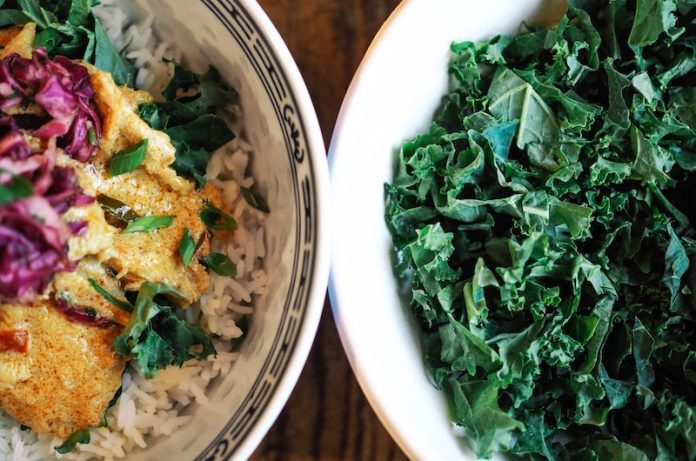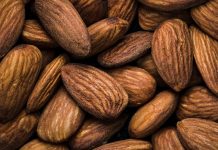
The Silent Threat: Atherosclerosis
Atherosclerosis, commonly known as the hardening of the arteries, is a sneaky ailment. This condition arises from the buildup of plaque, a mixture of fat, cholesterol, and other substances, inside the arteries.
Over time, this buildup thickens and stiffens artery walls, slowing down or even blocking the flow of blood.
While it may start quietly in one’s younger years, atherosclerosis can lead to severe problems like heart attacks, strokes, and blood clots when it reaches an advanced stage.
A Ray of Hope: Vitamin K
In comes Vitamin K, a nutrient that could be a game-changer. Found in green leafy vegetables like spinach, kale, and collard greens, this vitamin has a version called K1. Another form, K2, can be found in animal foods and fermented foods.
Scientists from Edith Cowan University delved deep into the potential connection between vitamin K and heart disease. Their findings, published in the Journal of the American Heart Association, are promising.
What The Research Tells Us
The team, led by Dr. Nicola Bondonno, set out to examine the link between vitamin K intake and the risk of heart-related issues.
They worked with a massive group: over 50,000 adults who were part of the Danish Diet, Cancer, and Health Study.
The participants, all free of heart diseases at the start, filled out detailed food questionnaires. The scientists then tracked their health for 21 years.
During this period, over 8,000 of the participants were hospitalized due to heart issues.
However, here’s the silver lining: those who consumed the highest amount of vitamin K1 had a 21% reduced risk of such hospitalizations compared to those who consumed the least. For vitamin K2, the risk was lowered by 14%.
The Takeaway
It’s pretty clear: diets rich in vitamin K, be it K1 or K2, seem to lower the risk of heart diseases linked to atherosclerosis.
The fact that both types of vitamin K showed benefits, even though they come from different sources, underscores the nutrient’s potential importance in heart health.
To keep your heart beating happily, it might be a good idea to embrace leafy greens and other vitamin K-rich foods.
While more research will always be welcome, a spinach salad today might just keep the doctor away tomorrow!
Follow us on Twitter for more articles about this topic.
Copyright © 2023 Scientific Diet. All rights reserved.








